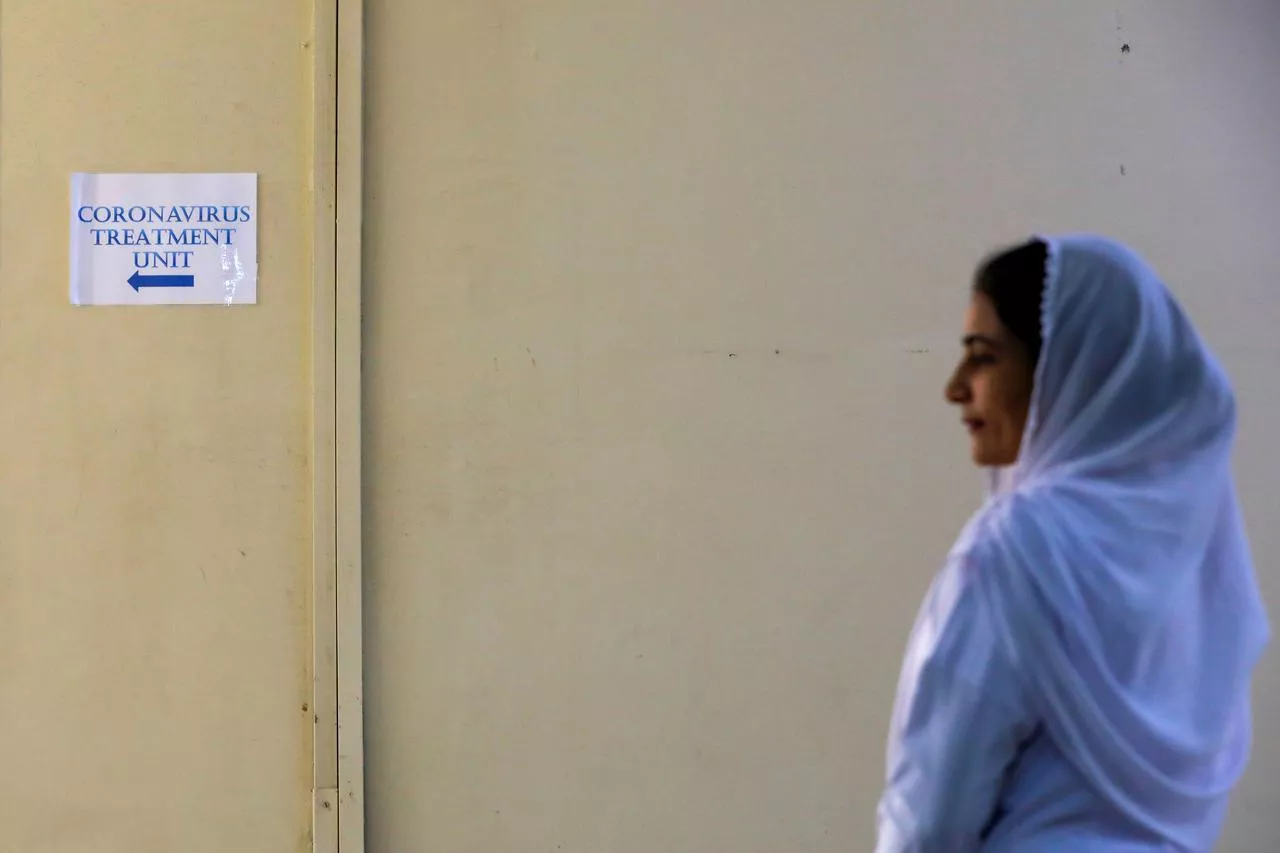COVID-19: Safe burial procedure
Pakistan's Ministry of National Health Services issues guidelines on burial of COVID-19 victims
KARACHI: As of March 24, the novel coronavirus pandemic has claimed over 17,000 lives worldwide. The deadly pneumonia-like disease has infected more than 380,000 across the globe.Although the virus took a while in coming to Pakistan but the number of confirmed cases took a plunge on March 16 with over a hundred cases reported in just a day.
At the time of filing of this story, Pakistan’s tally crossed 890 with seven deaths being reported from different parts of the country.
The pneumonia-like virus is highly contagious – just one case of the COVID-19 can lead to thousands more. There is no cure or vaccine and the only line of defence against the virus is isolation and social distancing.
Keeping in view the surge in COVID-19 cases around the globe and at home, Ministry of National Health Sciences has issued guidelines on a safe burial for the victims.
Prior to departure prepare disinfectants and assemble all necessary equipment including PPE
Hand hygiene facilities: Alcohol-based handrub solution OR clean running water, soap and towels.
Personal Protective Equipment (PPE): One pair of disposable gloves (non-sterile, ambidextrous), one pair of heavy-duty gloves, disposable gown, face protection: goggles and surgical mask, footwear: shoes with puncture-resistant soles and disposable overshoes
Waste management materials: Disinfectant: 0.5% chlorine solution for disinfection of objects and surfaces
Burial management team (including family members involved in the bathing) should put on all PPE in the presence of the family in the following order
Wear shoe covers, perform hand hygiene, put on gown, put on face mask and safety goggles and gloves.
Bathing of the dead body
The body should be washed/bathed with water. It should be done as soon as possible after death, preferably within hours. The steps of the washing should be done at least three times (or any more odd numbers) of times as necessary to cleanse.
The body should be washed in the following order: upper right side, upper left side, lower right side and lower left side.
Enshrouding the dead body in a plain white cloth
After washing, the body should be immediately be wrapped in a simple cloth to respect the dignity of the deceased. The body should then be transported to the mosque or cemetery.
Sanitize family's environment
Collect all and bag all soiled objects, collect any sharps that might have been used on the patient and dispose them in a leak-proof and puncture-resistant container. Clean environmental surfaces all rooms and objects in the house that were in contact with the deceased. Use clean water and detergent. Disinfect with 0.5% chlorine solution.
Linen should be washed wearing PPE
Remove PPE
PPE should be removed in the following sequence:
Shoe covers
Gloves
Goggles/ face shield
Gown
Mask
After removing PPE, perform hand hygiene.
All PPE should be disposed of in an infectious waste bag for incineration
Transport the dead body to the cemetery for funeral prayers
Burial at the cemetery
Send infectious waste to the hospital
Organise the incineration of the single-use (disposable) equipment at the hospital or in another designated place for burning this type of equipment. The reusable equipment can be disinfected according to the hospital policy. The car used for the funerals needs to be cleaned and disinfected as described above.


COMMENTS
Comments are moderated and generally will be posted if they are on-topic and not abusive.
For more information, please see our Comments FAQ